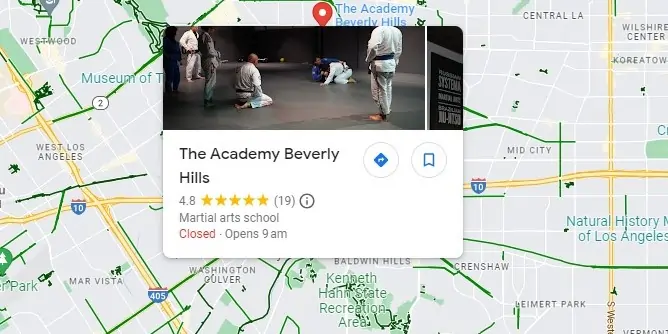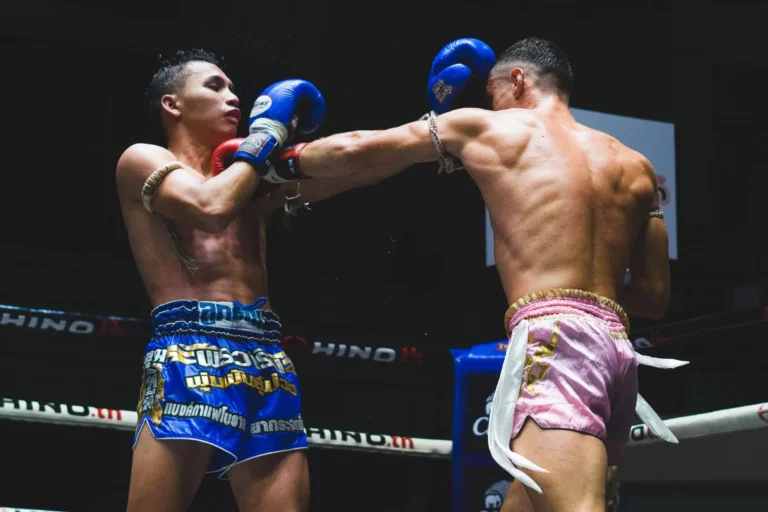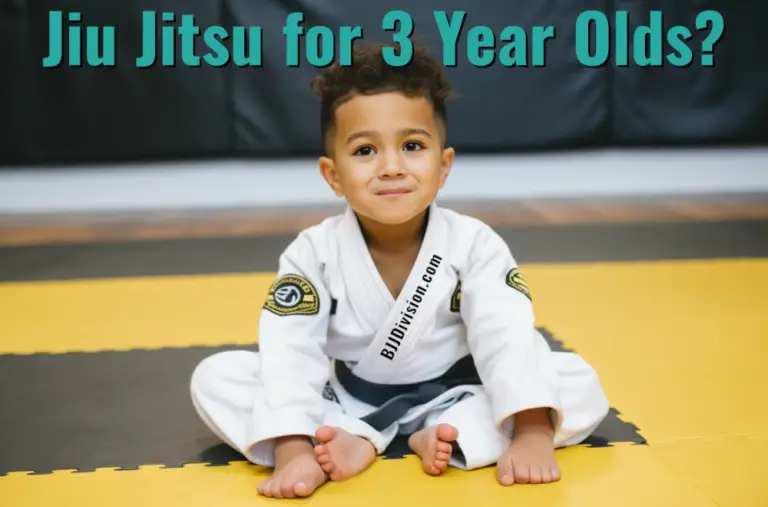How Much do Jiu Jitsu Classes Cost? 6 Pricing Factors Revealed
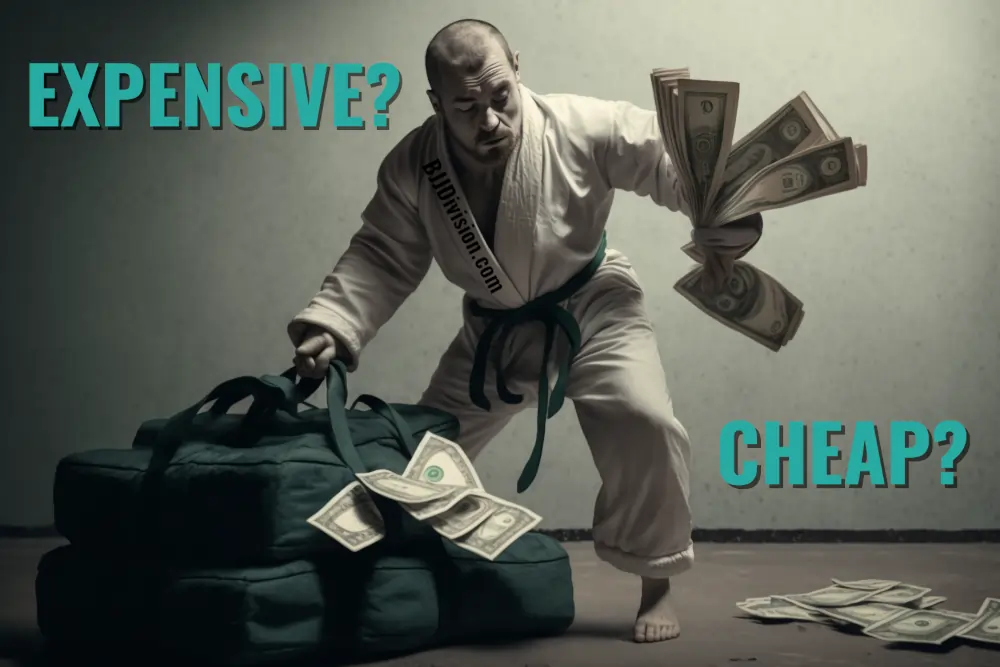
Jiu-Jitsu, or Brazilian Jiu-Jitsu (BJJ), is a martial art that has steadily gained popularity in recent years. The sport is growing for good reasons, as it offers many physical and mental benefits like self-defense ability and a great physique.
But how much do Jiu Jitsu classes cost?
And how much should Jiu Jitsu classes cost?
Are BJJ worth it?
These are just a few of the questions most people ask themselves before taking their first BJJ classes.
In this blog post, we’ll discuss the different factors that affect the cost of Jiu-Jitsu classes to help you make a fair judgment and provide some estimates to help you budget.
Factors Affecting the Cost of Jiu-Jitsu Classes
Let’s check out a few factors that may help you evaluate if your BJJ classes is justified:
1. Location
One of the primary factors that affect the cost of Jiu-Jitsu classes is the location of the school.
Schools located in urban areas tend to be more expensive than those in rural areas. This is because the cost of living is higher in urban areas, and the gym owner usually has to make a living off the memberships he sells.
Additionally, schools located in high-income areas may also charge more than those in low-income areas. It is certainly much more expensive to join a Jiu Jitsu gym in Hollywood than in a less popular rural area.
2. Instructor
The experience, reputation, popularity, and following of the instructor can also affect the cost of Jiu-Jitsu classes. An experienced and reputable instructor may charge more than a less experienced one, which is fair as his time and teachings are more valuable.
On top of that, famous BJJ athletes and instructors who have won tournaments can charge significantly more and often also distribute their teachings via online instructionals.
A famous example is Gordon Ryan, who is considered the greatest No Gi grappler of all time and sells hundreds of instructionals for hundreds of dollars each.

3. Class Frequency and Duration
The frequency and duration of classes also affect the cost of Jiu-Jitsu classes. More and longer classes mean more of the instructor’s time and money is needed. Therefore, schools that offer more frequent and longer classes may charge more than those that offer fewer and shorter classes.
In our opinion, it is always worth paying a premium price for a school that offers frequent classes. You will be more flexible and be able to take part in more classes, therefore getting more value for your money.
If you are balancing working a full-time job and training Jiu Jitsu, which most people do, it is essential to have options for BJJ classes at different times throughout the week.
4. Facilities
The quality of facilities offered by the Jiu-Jitsu school strongly affects cost of classes. Schools that offer better facilities, such as spacious training areas, showers, and locker rooms have to pay higher rents and therefore have to charge more than those with basic facilities.
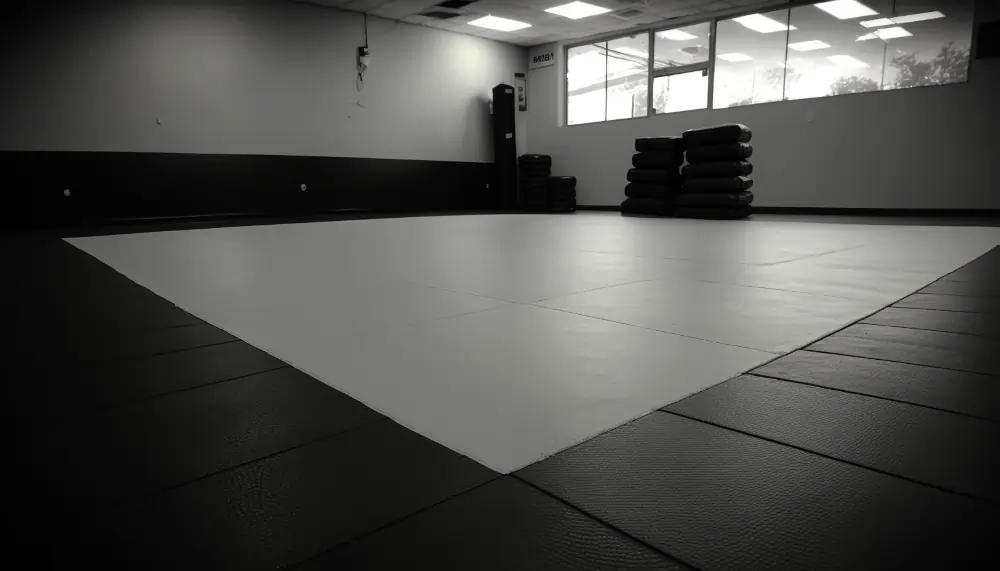
5. Membership Fees
Usually, Jiu-Jitsu schools charge a monthly or yearly membership fee. Additionally, there may be one-time fees or recurring fees to cover additional costs for things like administration, registration, insurance, equipment, and cleaning.
However, most schools may offer discounts if you sign up for a longer period, such as six months or a year. This way the school can plan its revenue for the foreseeable future and therefore offers you a discount.
6. Range of Services
Different Jiu Jitsu schools offer a different spectrum of services to their members. For example, some memberships might include showering while others don’t even have a locker room.
Here’s a list of what a BJJ school could possible offer:
- Morning classes
- Evening classes
- Weekend classes
- Open Mat sessions
- Locker rooms
- Showers
- Weightlifting equipment
- Other martial arts classes
- …
How Much Do Jiu Jitsu Classes Cost?
Now that we’ve discussed the factors that affect the cost of Jiu-Jitsu classes, let’s look at some estimates of how much you can expect to pay. Therefore, it is important to differentiate between different membership plans:
1. Drop-In Classes
Drop-in classes are classes that you can attend without signing up for a longer period. They are ideal if you want to try out a Jiu-Jitsu school before committing to a longer period. You should always do drop-in classes first to evaluate the quality of a school as most schools offer a free trial anyway.
The cost of drop-in classes varies depending on the school, location, and facilities. On average, you can expect to pay between $20 to $40 per class in the US.
2. Monthly Memberships
Monthly memberships are ideal if you plan to attend Jiu-Jitsu classes regularly, which you should if you want to make progress. The cost of monthly memberships varies depending on the factors discussed above and is often cheaper if you register for a longer period.
On average, you can expect to pay between $100 to $200 per month in most areas.
3. Private Lessons
Private lessons are one-on-one sessions with an instructor. They are ideal if you want to improve your Jiu-Jitsu skills quickly or if you have specific goals that you want to achieve. In our experience, private lessons are orth the premium price.
The cost of private lessons varies greatly depending on the instructor’s experience and reputation. On average, you can expect to pay between $50 to $150 per hour for private lessons with an instructor that is not a popular and accomplished athlete.

How Much SHOULD Jiu Jitsu Classes Cost?
We believe Jiu-Jitsu classes are priced reasonably at most BJJ schools. They are more expensive than basic weightlifting gym memberships, but for good reasons. Let us explain:
Many people compare Jiu Jitsu school membership fees with weightlifting gym membership fees and conclude that BJJ classes are expensive. However, cheap strength training gym memberships usually only include the use of weights, weightlifting machines, and accessories. Free coaching is included barely anywhere.
Jiu Jitsu gym memberships and classes, on the other hand, always require a qualified coach to teach classes. This drives up and justifies the cost.
Conclusion
In conclusion, the cost of Jiu-Jitsu classes varies depending on several factors, such as location, instructor, class frequency and duration, facilities, membership fees, and the range of services offered.
Before you sign up for a Jiu-Jitsu school, it’s essential to do your research, understand the costs involved, and do a trial class, which is free at most Jiu Jitsu schools. Enrolling with the cheapest school won’t always work in your favor if you end up quitting Jiu Jitsu because of the schools low quality.
Other than that, have fun training and competing. Welcome to the Brazilian Jiu-Jitsu community.

